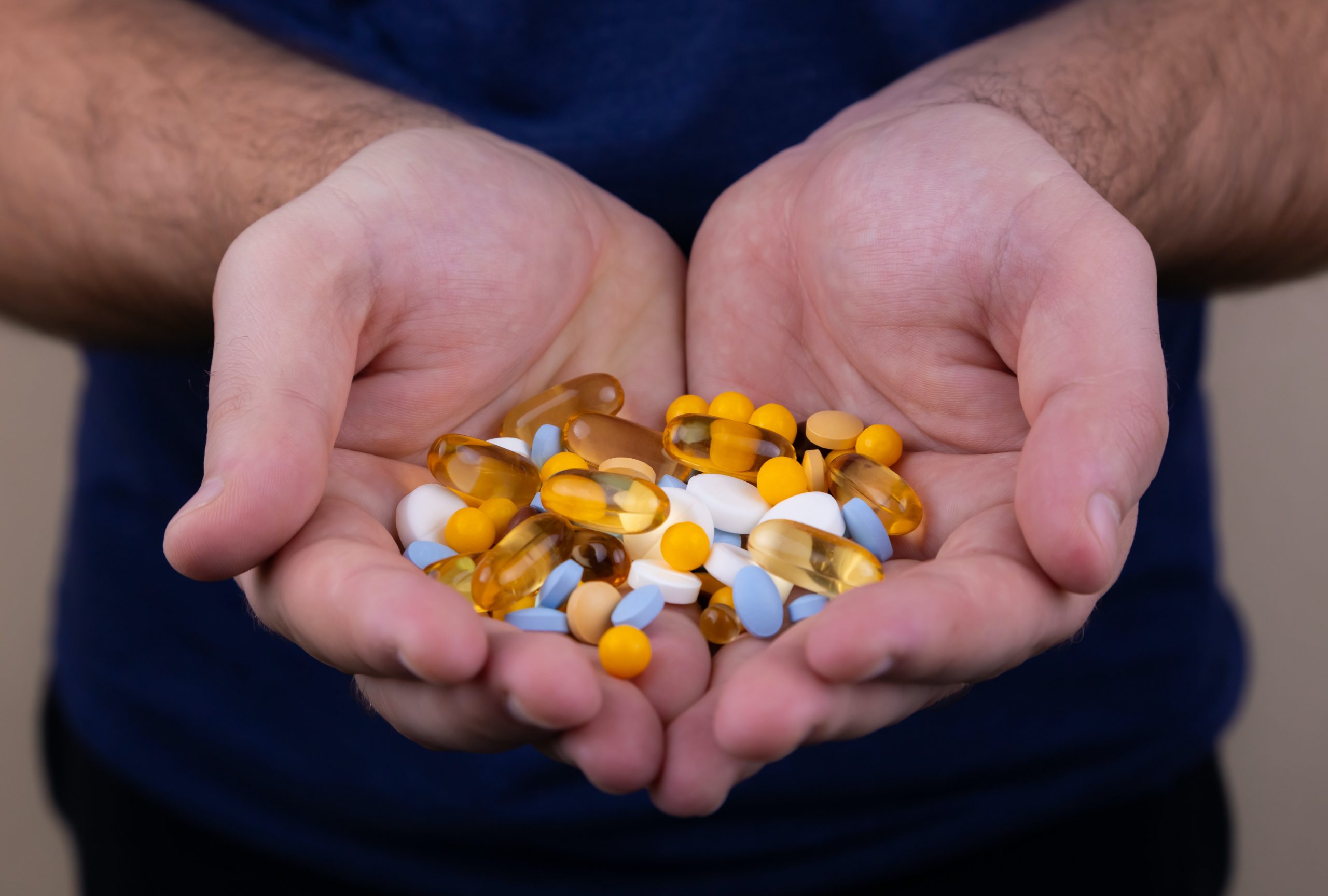
Lauren Dempsey, MS in Biomedicine and Law, RN, FISM News
[elfsight_social_share_buttons id=”1″]
Pharmaceutical companies are competing to develop a COVID-19 pill, in an effort to become the first to have an approved outpatient medication to treat infection for the disease. An approved oral medication could change how physicians are able to treat patients at home and in the clinical setting.
On Sept. 1 Pfizer announced that they were beginning phase 2/3 of a clinical trial of an oral antiviral medication in adults with COVID-19 who are considered low risk for severe illness. The trial will evaluate the safety and efficacy of PF-07321332, an antiviral medication which is designed to treat infection by blocking the virus’s ability to replicate. The trial will enroll over 2,000 participants, who will receive the medication or a placebo and will take the medication orally every 12 hours for five days.
The medication would be taken along with ritonavir, an antiviral drug commonly used to treat HIV and Hepatitis C infections. However, a prescription for ritonavir to treat COVID-19 would be considered off-label usage and a 2020 study revealed that no benefit was observed with lopinavir–ritonavir treatment in patients hospitalized with severe COVID.
The chief scientific officer of Pfizer’s research and development, Dr. Mikael Dolsten, said that treatments that work with vaccines will “stop the virus early… potentially preventing symptomatic disease in those who have been exposed and inhibiting the onset of infection in others.” In response to the pandemic, the government has invested approximately $19.3 billion in the research and development of vaccines and is investing an additional $3.2 billion in the Antiviral Program for Pandemics.
Pfizer stated that if the clinical trials prove the medication is successful it “has the potential to address a significant unmet medical need, providing patients with a novel oral therapy that could be prescribed at the first sign of infection, without requiring hospitalization.” Up until now vaccination has been encouraged and mandated in many fields as the solitary solution in slowing the spread of COVID-19 and ending the pandemic, although vaccinations are considered preventative medicine.
Many medical experts would say this newly developed and patented drug is not the only way to treat COVID-19. All existing recommendations for management of COVID-19 infections in the outpatient setting is focused on treating symptoms, such as fever, providing fluid, supplemental oxygen, or steroids to patients. There are a large number of physicians who would argue that lack of early intervention and treatment is what has led to severe illness and death in many patients.
Dr. Peter McCullough, an internist, cardiologist, epidemiologist, professor of medicine at Texas A&M College of Medicine with a master’s degree in public health, has been outspoken about he importance of early treatment for COVID-19 infections and the suppression of medications that have been proven to work and are safe and effective. A team of health care providers from the Front Line COVID-19 Critical Care Alliance are dedicated to advocating and providing early treatment for COVID and reference numerous studies and medical evidence that supports protocols for prevention, hospital treatment, and recovery of COVID-19 infections.
With increasing case numbers, the death count over 600,000, and more vaccinated Americans than ever, it is imperative that the government and healthcare providers implement protocols that allow patients access to early treatment that works and can save lives.
